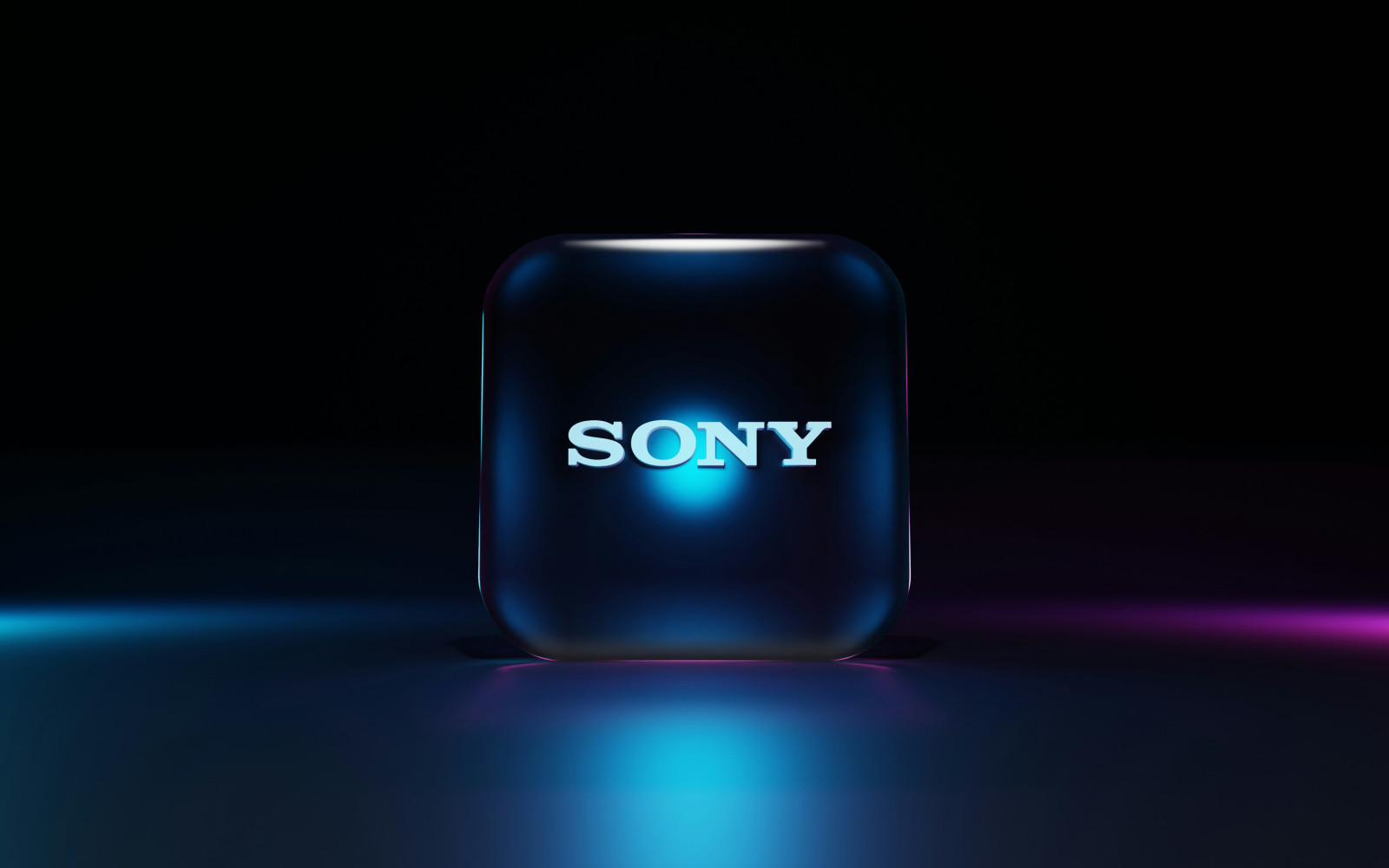Sony just became (even more of) an independent powerhouse

Photo: BoliviaInteligente

Sony Music has bought AWAL (and Kobalt Neighbouring Rights) from Kobalt for $430 million. By adding AWAL to its already-booming Orchard division (as well as other distribution companies), it now has leading brands for independent artists as well as independent labels. Sony Music just became one of, if not the, leading global companies for independent music. With a major now being one of the biggest indies, the obvious question is: what does being independent even mean anymore?
Kobalt has been one of the music industry’s most important change agents with its publishing and label assets helping reframe some of the fundamentals of the business. Since its acquisition of AWAL, Kobalt has nurtured it into a brand that was synonymous with the age of the empowered independent artist and was seen by much of the independent artist community as their natural home.
Now that AWAL is becoming assimilated into the Sony Music corporate structure, the independent artist community will be wondering whether Sony can keep AWAL’s independent spirit alive. The answer is most likely a qualified ‘yes’. Years after being fully incorporated into Sony, the Orchard continues to be a key force for independent labels. Sony has proven adept at striking a balance between corporate integration and divisional independence. Also, Kobalt had always structured AWAL in a way that more closely resembled a major label than it did an independent. This was reflected in its structure, leadership, strategic thinking, tech and marketing capabilities, and even in many of its more successful artists like Lauv and Rex Orange County (who Sony eventually poached). You could even make the case that what was really independent about AWAL was that it was not part of a major label…
Nevertheless there was, and is, a crucial, company-defining, independent principle: artist ownership of rights. This remains what makes the average AWAL artist different from the average Sony Music artist. But, of course, all of the majors have been betting big on label services too. Which brings us back to the original question: what does being independent actually mean? Is it about not being part of a big corporate structure? Does it mean an artist retaining ownership of their rights? Is it commercial and creative freedom for artists? Is it an ideology of music first, business second? In truth it is probably a mixture of some and all of those things, depending on the individual artist. What is however also true, is that nowadays an artist can be independent with a major label. A dynamic that AWAL just made even more true.

The discussion around this post has not yet got started, be the first to add an opinion.